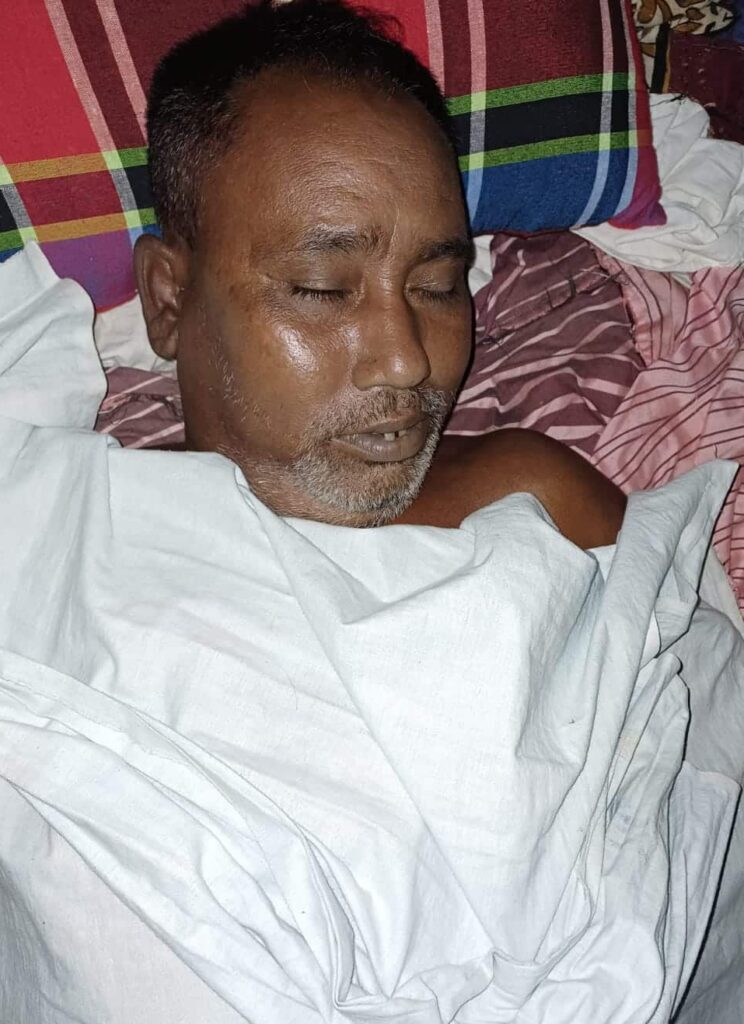The death of Hindu community leader Bhavesh Chandra Roy in Dinajpur has not only left his family shattered but has also raised pressing questions about the state of justice, minority safety, and official accountability in Bangladesh. Roy, who served as the vice-president of the Puja Udjapan Parishad in Biral Upazila, was allegedly abducted from his home in broad daylight and later subjected to fatal torture. His death, reported on April 18, 2025, by The Daily Star, paints a grim picture that many fear is not an isolated case—but part of a larger, unsettling pattern.
According to his wife, Shantana Roy, Bhavesh received a suspicious phone call in the afternoon. Soon after, four unidentified men on motorcycles arrived and forcibly took him away. Hours later, he was returned home unconscious, brutally assaulted, and left to die. Despite the family rushing him to Dinajpur Sadar Hospital, he could not be saved. Yet, two days later, no formal complaint has been registered, and authorities are already downplaying the cause of death as “illness.”
This narrative sharply contrasts with eyewitness accounts and the family’s statements. His son, Swapan Roy, told OTN Bangla that there were clear injury marks on his father’s body. The family’s apprehension about receiving justice is painfully evident. The contradictory official stance only deepens public suspicion. Biral Police have stated that a post-mortem revealed no signs of physical trauma—though, curiously, they initiated an autopsy themselves. If there were no signs of injury, what prompted this further step?
More concerning is the information uncovered by OTN Bangla investigators that those possibly behind this attack are connected to illegal interest-lending operations that have long preyed on economically vulnerable families in the region. Was Roy’s vocal community role and possible opposition to these exploitative activities the real reason for his death? If so, the motive is deeply criminal and deserves a transparent investigation.
India’s Ministry of External Affairs has condemned the killing, and even opposition parties like the Indian National Congress have voiced their concern, citing this as one among a string of atrocities against the Hindu minority in Bangladesh. But international pressure alone is not a substitute for internal justice. The Bangladesh government must take responsibility—immediately and meaningfully.
This editorial asks: What is true? Why the delay in filing a case? Why the conflicting accounts? And most importantly—will the government rise above politics and bias to ensure justice for Bhavesh Chandra Roy?
If this case is brushed aside as “natural death,” it will not just be a failure of the justice system—it will be a betrayal to every minority citizen hoping for protection under the state’s promise of equality.
The time for vague statements is over. The truth must be pursued without prejudice. Justice must not only be done—it must be seen to be done.





